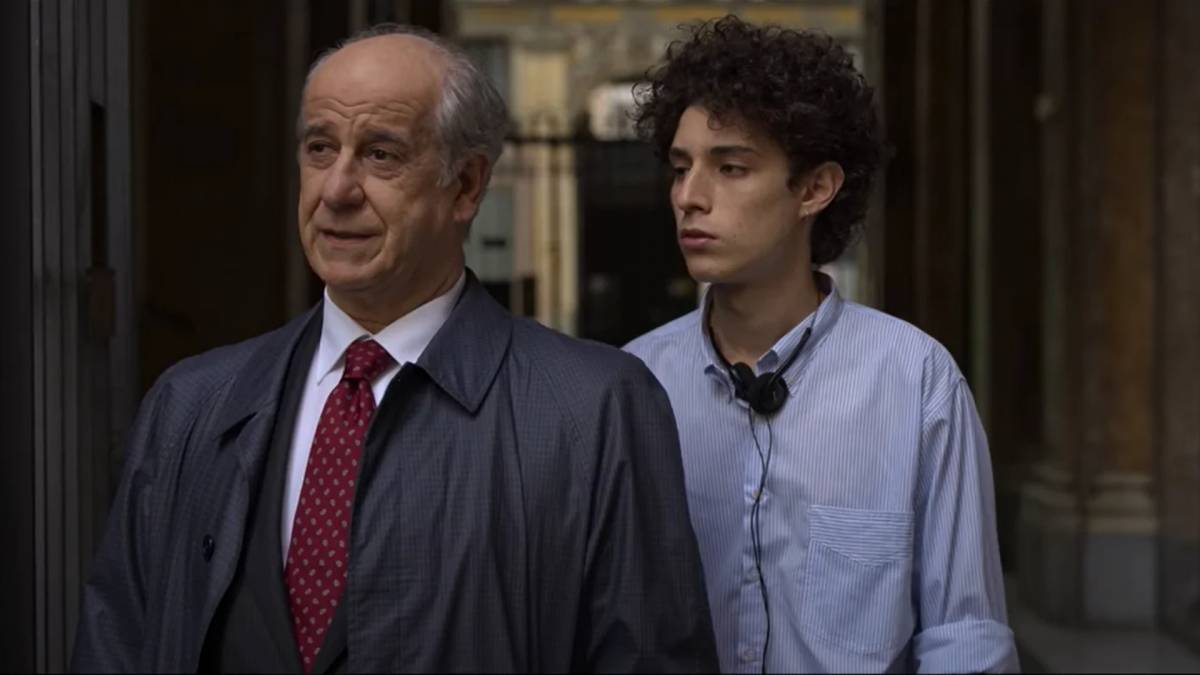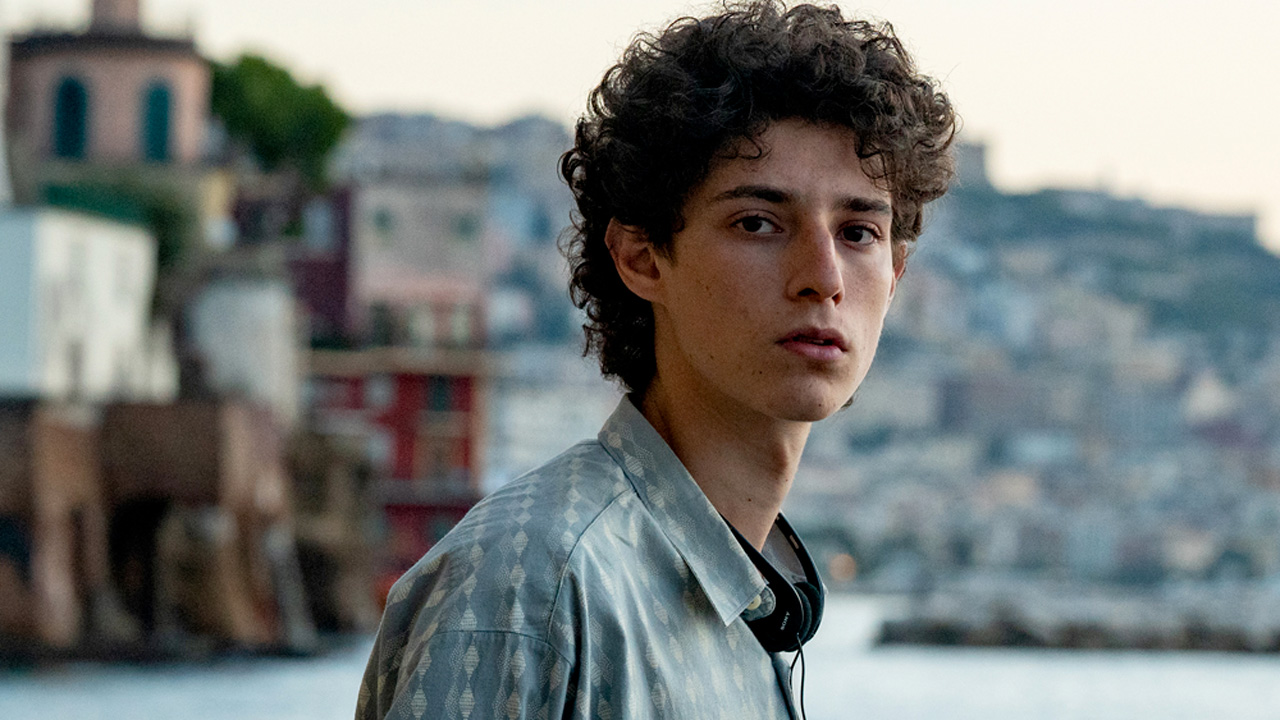Directed by Oscar-winning Italian filmmaker Paolo Sorrentino, ‘The Hand of God’ or ‘È stata la mano di Dio’ is a coming-of-age drama film. The story takes place in Naples in the 1980s and follows Fabietto (Filippo Scotti), a quiet and inquisitive young man surrounded by his loving, weird, funny, complicated, and vulgar family. He wants to study philosophy, and like almost everyone else in his country, has soccer running through his veins. As the city is abuzz with excited speculations about Diego Maradona coming to play for the S.S.C. Napoli, Fabietto and his family deal with happiness and grief under the Neapolitan sun.
However, the sudden demise of his parents forces Fabietto to grow up and find purpose in his life, which eventually draws him to filmmaking. ‘The Hand of God’ is filled with references to the Naples of the 1980s. And given that Sorrentino himself is a filmmaker, many of you must be wondering whether ‘The Hand of God’ is inspired by real events. Here is what you need to know about it.
Is the Hand of God Based on a True Story?
Yes, ‘The Hand of God’ is based on a true story. Sorrentino heavily drew from his experiences as a teenager while writing the script for the film. It is perhaps the most intimate movie of Sorrentino’s career, as it depicts one of the traumatic periods of his life. As shown in the film with Fabietto and his parents when Sorrentino was 16 (17, according to some accounts) years old, his parents died in their home in carbon monoxide poisoning. Sorrentino escaped the same fate as he had gone to see Maradona play. While the loss must have been unbearable, according to the Italian auteur, it carried an idea of the future for him. He now believes that he wouldn’t have become a filmmaker if he hadn’t experienced the loss.

In an interview, Sorrentino stated that he had been thinking about making a semi-biographical film for about a decade but had certain reservations. “I’ve been thinking about it for about 10 years, but I just found the courage to do it over the past three years,” the director of ‘The Great Beauty’ stated. “It is only in the last three years that it occurred to me that a personal story like this could have significant interest.” He later added that more than courage, he needed to believe that this was a story worth telling. He got what he was seeking when those who read the script gave their responses, which were presumably positive.
Sorrentino predominantly lived the first 37 years of his life in the same apartment in Naples. For the production of ‘The Hand of God,’ he returned to his native town for the first time in a while. Sorrentino took his creative liberties while making the film. “Reality is just a starting point for a story,” he said in ‘The Hand of God: Through the Eyes of Sorrentino, the companion documentary of his film.
“It has to be reinvented. Here in Naples, we have a fun way of reinventing memories. It’s something I stole from here. Living here is useful if you want to tell stories.” For instance, Maradona came to Naples after the 1986 World Cup in the film, when, in reality, he joined the S.S.C. Napoli in 1984. Furthermore, some aspects of Fabietto’s family are faithful portrayals of what happened with Sorrentino’s family, while others are largely fictitious.
There is an important scene in the film in which Fabietto has a life-changing conversation with legendary Italian filmmaker Antonio Capuano, who has been Sorrentino’s mentor in real-life. Another prominent filmmaker who is mentioned in the movie is Federico Fellini, the director of memorable films such as ‘Roma,’ ‘I vitelloni,’ and ‘8½.’ But it was Alfonso Cuarón’s 2018 semi-autobiographical film ‘Roma’ that gave Sorrentino the inspiration for his 10th film as a director. So, while Fabietto and his family are fictional, they serve as the vehicles for Sorrentino to tell a largely true story about his youth.
Read More: Best Biopic Movies


You must be logged in to post a comment.